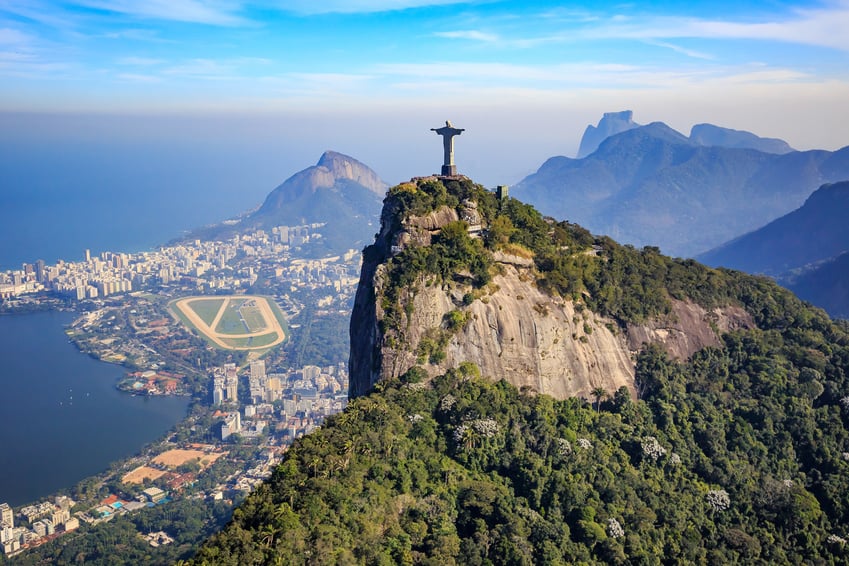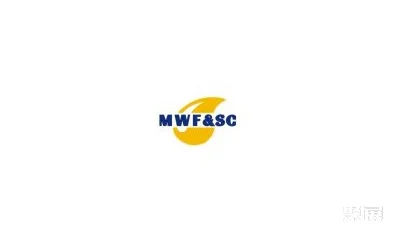
brief
Federal Law No. 14.904/2024 was issued. The law sets out guidelines for climate change adaptation plans, which are intended to guide the implementation of measures to reduce the vulnerability and risk exposure of environmental, social, economic and infrastructure systems to the current and expected adverse effects of climate change.
On June 27, 2024, Federal Law No. 14.904/2024 was issued. This law sets out guidelines for climate adaptation plans within the National Policy on Climate Change (PNMC). The guidelines include:
- Identify, assess and prioritize measures to respond to recurrent natural disasters, reduce the vulnerability and exposure of rural and urban environmental, social, economic and infrastructure systems, and mitigate the adverse impacts of climate change at the local, municipal, state, regional and national levels.
- Manage and reduce climate risks to estimate, minimize or avoid losses and damages, and plan and prioritize coordinated management of investments according to the level of vulnerability defined by the PNMC.
- Establish economic, financial and socio-environmental public policy instruments to ensure the feasibility and effectiveness of adaptation of environmental, social, economic and critical infrastructure systems.
- Integrate mitigation and adaptation strategies at the local, municipal, state, regional and national levels through Nationally Determined Contributions, in line with commitments under the Paris Agreement of the United Nations Framework Convention on Climate Change.
- Priorities will be set based on the most vulnerable sectors and regions, based on the preparation of climate risk and vulnerability analysis studies.
- Adopt nature-based solutions as part of adaptation strategies, considering their additional benefits and ability to integrate both adaptation and mitigation outcomes simultaneously.
The new law provides for regular monitoring and evaluation of the envisaged actions and for an inclusive governance process to review the plans mentioned in the legislation every four years, guided by a multi-year planning cycle.
In addition, the Regulation provides for a national climate change adaptation plan, which includes:
- It will be based on scientific evidence, model analysis and scenario projections, taking into account the scientific reports of the Intergovernmental Panel on Climate Change (IPCC), to identify and prioritize actions to be incorporated.
- It will set guidelines for national and municipal plans and ensure priority support for cities most vulnerable to climate threats, and promote inter-city alliances and regional arrangements to achieve the measures it sets out.
- It will promote international cooperation at bilateral, regional and multilateral levels to provide financing, training, development, transfer and dissemination of technologies and processes for the implementation of adaptation actions, including scientific research, monitoring and systematic assessment of the impacts of climate change, and information exchange.
Our Environmental Team is available to discuss the potential impact of these new regulations.
* * * * *
Trench Rossi Watanabe has signed a strategic cooperation agreement for foreign legal consulting with Baker & McKenzie.
![]()











Leave a Reply Cancel reply
You must be logged in to post a comment.